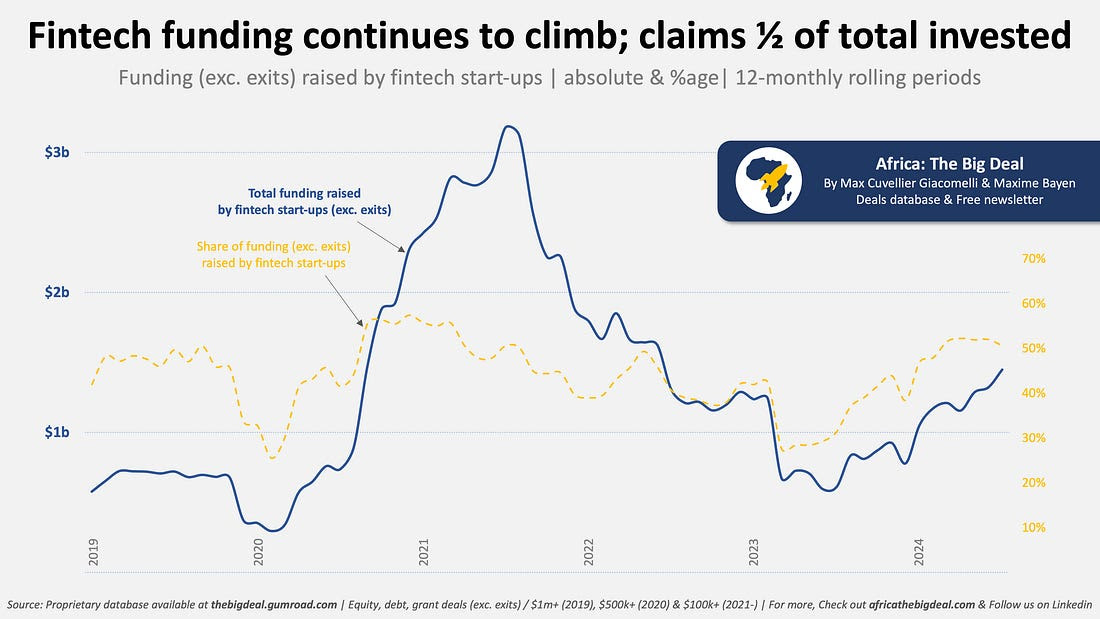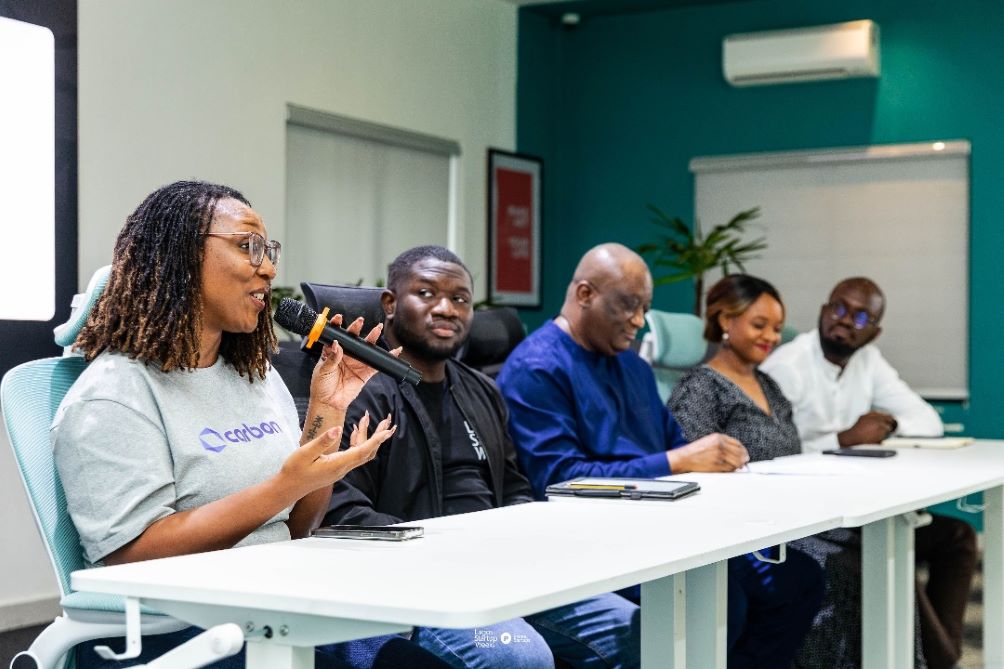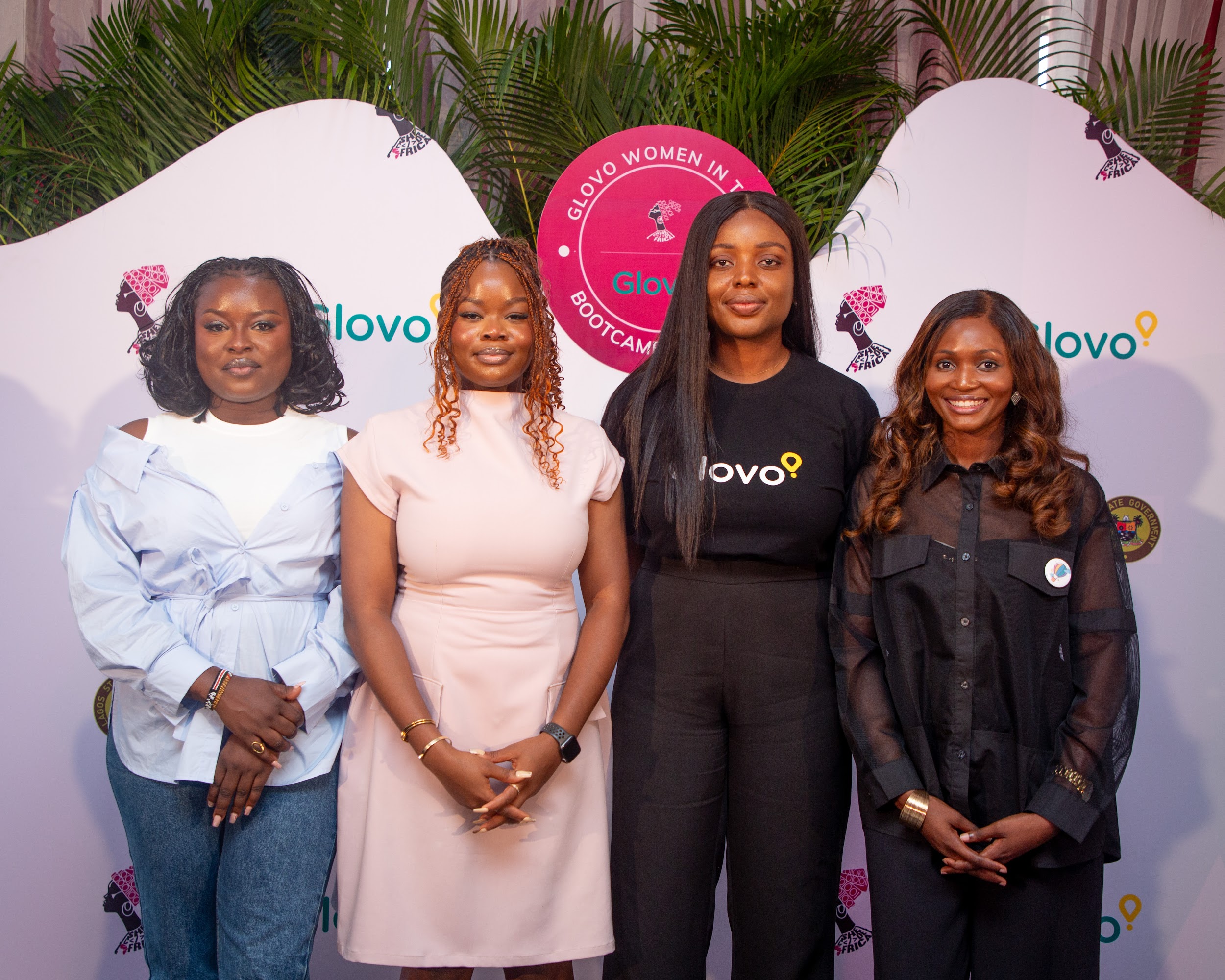Fintech sector alone attracted 45per cent of all funding (exc. exits) in first half (H1) of this year, netting in around $640million, according to a new report from Africa: The Big Deal.
This is in line with what was seen last year (47per cent) but higher than in previous years. The report noted that if the trend is looked at the longer-term, – moving to 12-month rolling periods – it will clearly be seen that after 2-2.5 years of relative decline (the share went down to 28per cent about a year and a half back, almost an all-time low), fintech is gaining serious ground again (51per cent of all funding in the past 12 months), not too far from its all-time high in terms of share of funding.
The five largest fintech transactions in the first half of the year were of course Wave Money’s mammoth $137million debt deal, followed by Bokra’s $59million sukuk raise (Egypt), Stitch’s $55million Series B (South Africa), LemFi’s $53million Series B (Nigeria), and the $50million bond issued by MNT-Halan’s Tasaheel (Egypt).
Kenya continued to be an outlier in the Big Four with only $23million raised in H1 2025, compared to over $100million for each of its peers.
“Actually since 2019, the share of funding claimed by fintech start-ups in South Africa, Egypt and Nigeria is around three fifths (61per cent, 57per cent and 56per cent respectively), while it is just 10per cent in Kenya.
“Why is that? Most probably because the strength of the mobile money ecosystem in Kenya is simply unparalleled with 95per cent of adult Kenyans owning a mobile money account and 82per cent using it at least once a week (source: GSMA).
“Fintech deals remained significantly bigger on average ($1.7million median, $10million average in H1 2025) than non-fintech transactions ($0.5million median, $4.8million average),” the report stated, adding that as such, in terms of share of deals, fintech seems a little less hegemonic, representing ‘only’ 27per cent of the deals in H1 2025.
The share climbs up to 31per cent if we look only at $1million+ deals, and 46per cent (17 out of 37) for $10million+ deals. Just 21per cent of the smallest deals ($100k-$1million) though were raised by fintech ventures.
“But what does life look like beyond fintech? Energy ($220million, 20per cent) comes at number two, unsurprisingly as it has consistently been in the top 3 for a few years now. The two most notable deals were Burn Manufacturing ($85million) and PowerGen ($55million), both in Kenya, where 50per cent of the funding raised since 2019 has gone to the energy sector, vs. seven per cent, six per cent and 2two per cent in South Africa, Nigeria, and Egypt respectively (and 16per cent on the continent overall).
“Third comes healthcare ($160million, 11per cent), boosted by the $100million secured by hearX through its merger with US-based Eargo (South Africa). We then find logistics & transportation – usually in the top3 – at number four ($116million, eight per cent), and proptech at number five thanks to a single company, Nawy, who raised $75million ($52million Series A + debt) in Egypt, by far the largest-ever proptech deal on the continent.
“Finally, if we group all the deals we can tag as ‘climate tech’ together (most energy deals, but also some in logistics, agri & food, or even fintech), we come to 21per cent of the funding in H1 2025 ($300million) and 28per cent of all $100k+ deals. While this is relatively low compared to about a year ago when those shares had peaked, it is hopefully a missed opportunity some savvy investors will know to seize… Beyond energy and the Big Four, we can mention promising deals such as watertech Kumulus Water’s $3.5million raise in Tunisia, or battery-swapping Kofa’s $8.1million pre-Series A in Ghana for instance,” the report stated.






